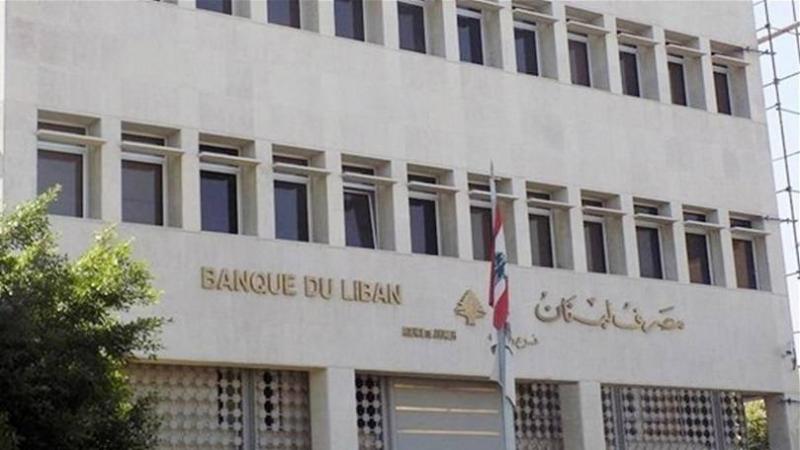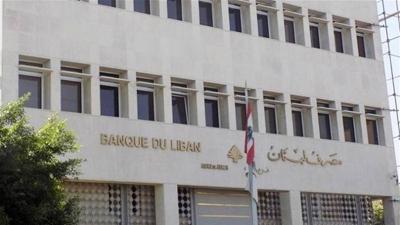Sources from the employees of the Central Bank of Lebanon stated that "the assault on the dignity of bank employees and their inspection is unacceptable, and for this reason, the warning strike was initiated. The union has called on the government, the Minister of Justice, and the Higher Judicial Council to act to stop these practices." The sources noted to the electronic newspaper "Anbaa" that "the strike will last for three days, followed by two days of the weekend, meaning that services at the Central Bank of Lebanon will be suspended until next week. These services include operations of the 'Sayrafa' platform, opening credits for importing wheat, fuel, and other products, cashing checks, executing transfers between banks, and injecting liquidity into the markets."
The sources warned of the possibility of moving towards an open-ended strike if the violations against dignity continue and the responsible parties fail to curb these actions. They cautioned about the catastrophic consequences of an open-ended strike concerning imports, the exchange rate of the dollar, and other issues. However, they emphasized that the union of Central Bank employees does not aim to harm people; on the contrary, their insistence on working and not going on strike or neglecting their duties in the previous period is clear evidence.
For his part, Ramzi Hamadeh, the former director of payment systems at the Central Bank of Lebanon, warned in an interview with "Anbaa" about the ramifications of the strike, especially if it develops into an open-ended one. He questioned, "Can the state bear the responsibility for these consequences? Who will guarantee the exchange rate ceiling when the Central Bank stops injecting dollars through the Sayrafa platform and determining the exchange rate?"




